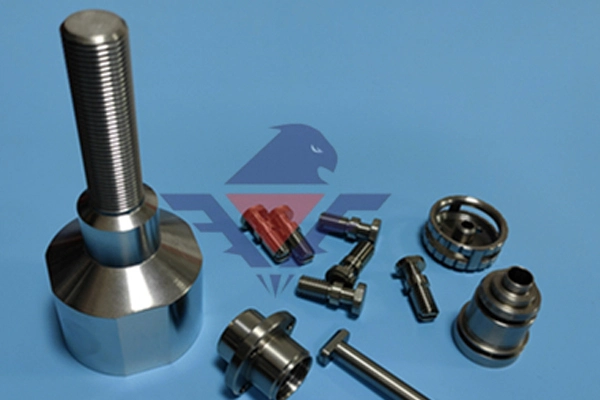Swiss Machining: Precision Engineering for Complex Components

Keyword: Swiss Machining
# Swiss Machining: Precision Engineering for Complex Components
## What is Swiss Machining?
Swiss machining, also known as Swiss screw machining or Swiss turning, is a specialized precision machining process that originated in Switzerland’s watchmaking industry. This advanced manufacturing technique has evolved to become a critical solution for producing high-precision, complex components across various industries.
## The Unique Advantages of Swiss Machining
Unlike conventional lathes, Swiss machines feature a sliding headstock and guide bushing that provides exceptional stability during the machining process. This unique design offers several key benefits:
- Superior precision for small, complex parts
- Excellent surface finishes
- Ability to machine long, slender parts with tight tolerances
- Simultaneous multi-axis machining capabilities
- Reduced vibration and improved part quality
## Applications Across Industries
Medical Device Manufacturing
The medical industry relies heavily on Swiss machining for producing surgical instruments, implants, and other critical components that demand micron-level precision and exceptional surface finishes.
Aerospace Components
Aerospace applications benefit from Swiss machining’s ability to create complex, lightweight parts from difficult-to-machine materials like titanium and high-temperature alloys.
Electronics and Connectors
Precision electronic components, connectors, and contacts often require the tight tolerances and fine features that Swiss machining can consistently deliver.
## The Swiss Machining Process
The Swiss machining process typically involves:
- Material feeding through the guide bushing
- Simultaneous turning operations by multiple tools
- Precision control of cutting parameters
- Continuous monitoring for quality assurance
- Optional secondary operations (milling, drilling, etc.)
## Choosing the Right Swiss Machining Partner
When selecting a Swiss machining service provider, consider these factors:
- Experience with your specific industry requirements
- Range of materials they can machine
- Quality control processes and certifications
- Capacity for prototyping and production runs
- Technical expertise in programming complex parts
Swiss machining continues to be the gold standard for precision manufacturing of complex components, combining Swiss engineering excellence with modern CNC technology to deliver unparalleled results.

